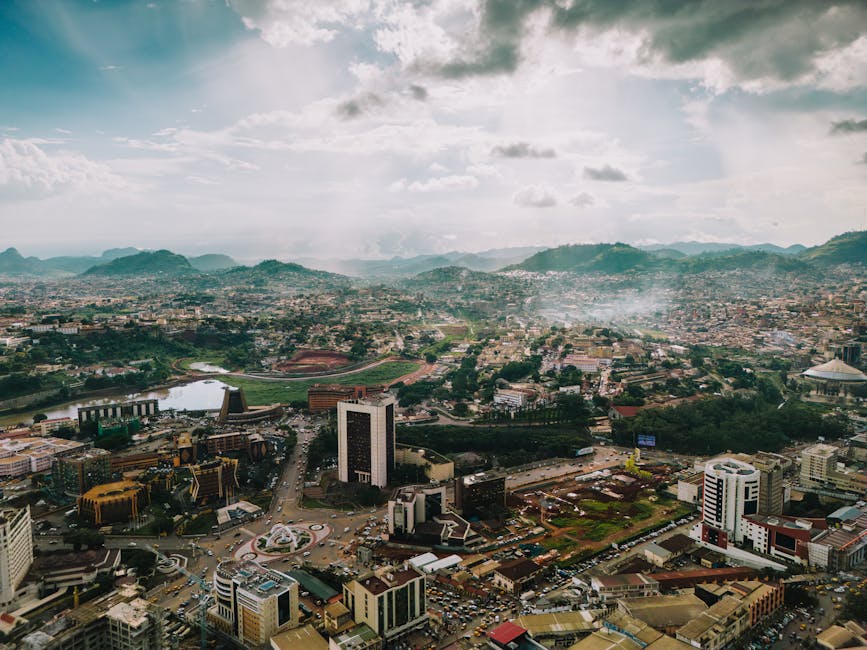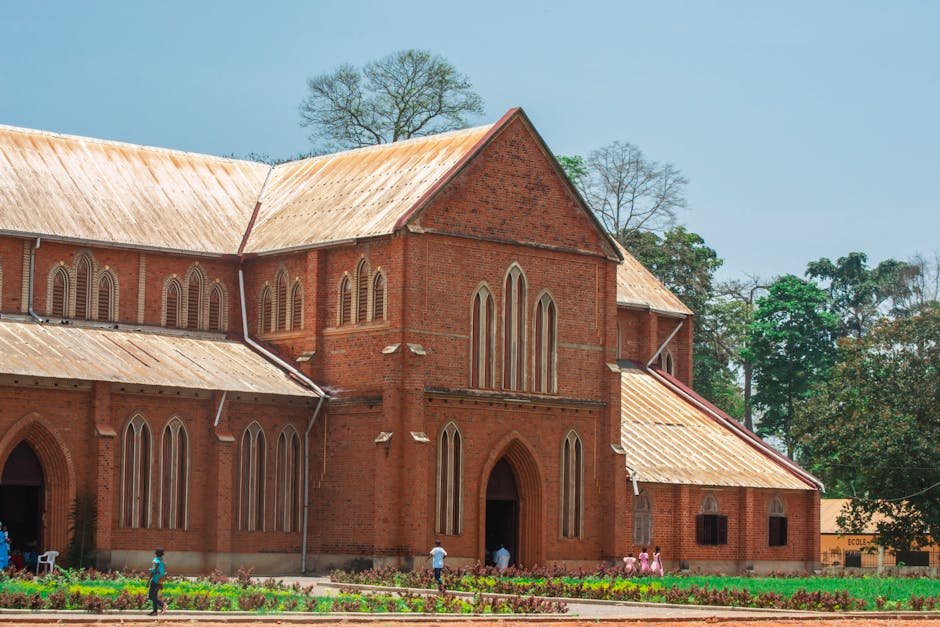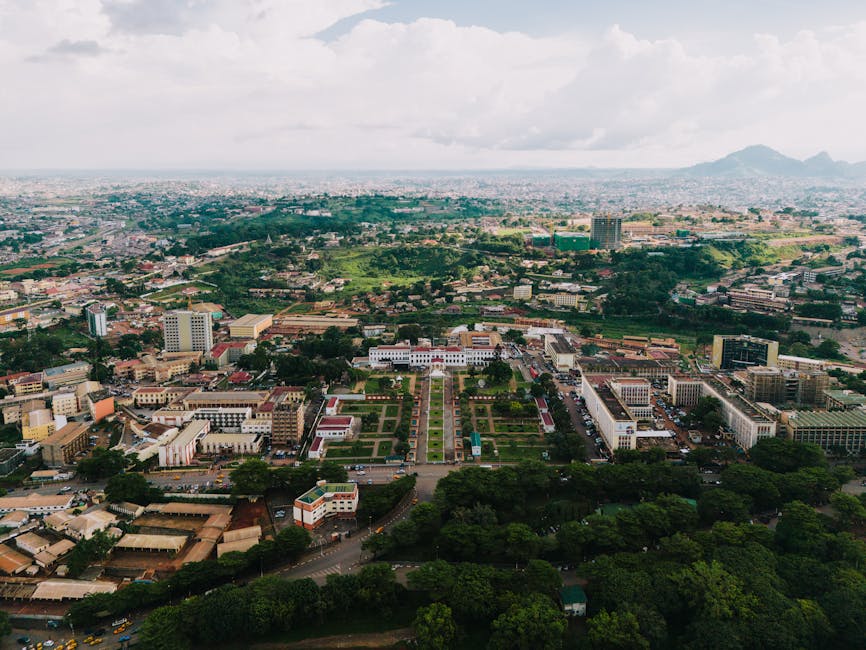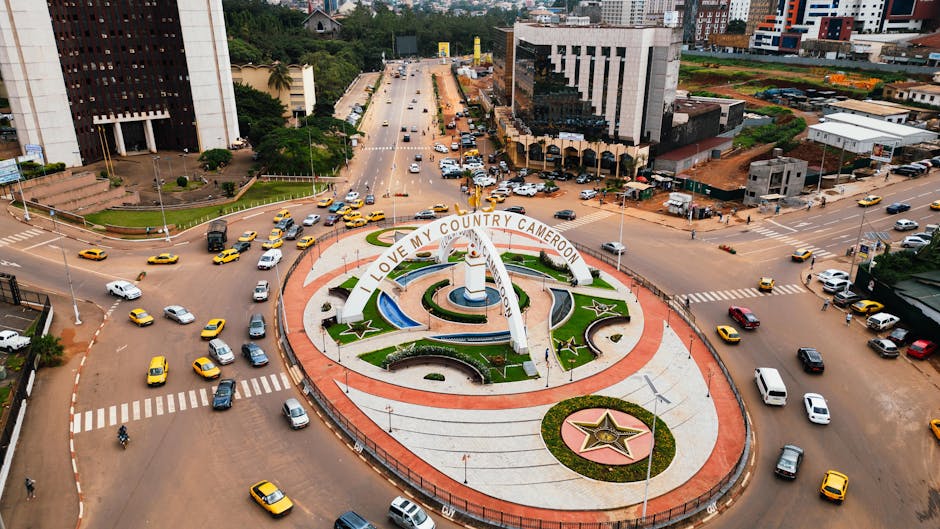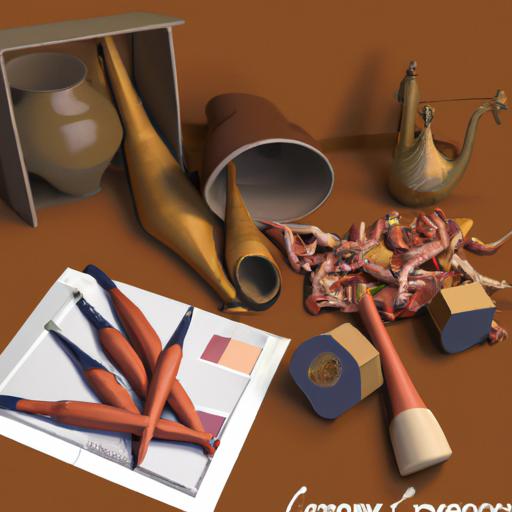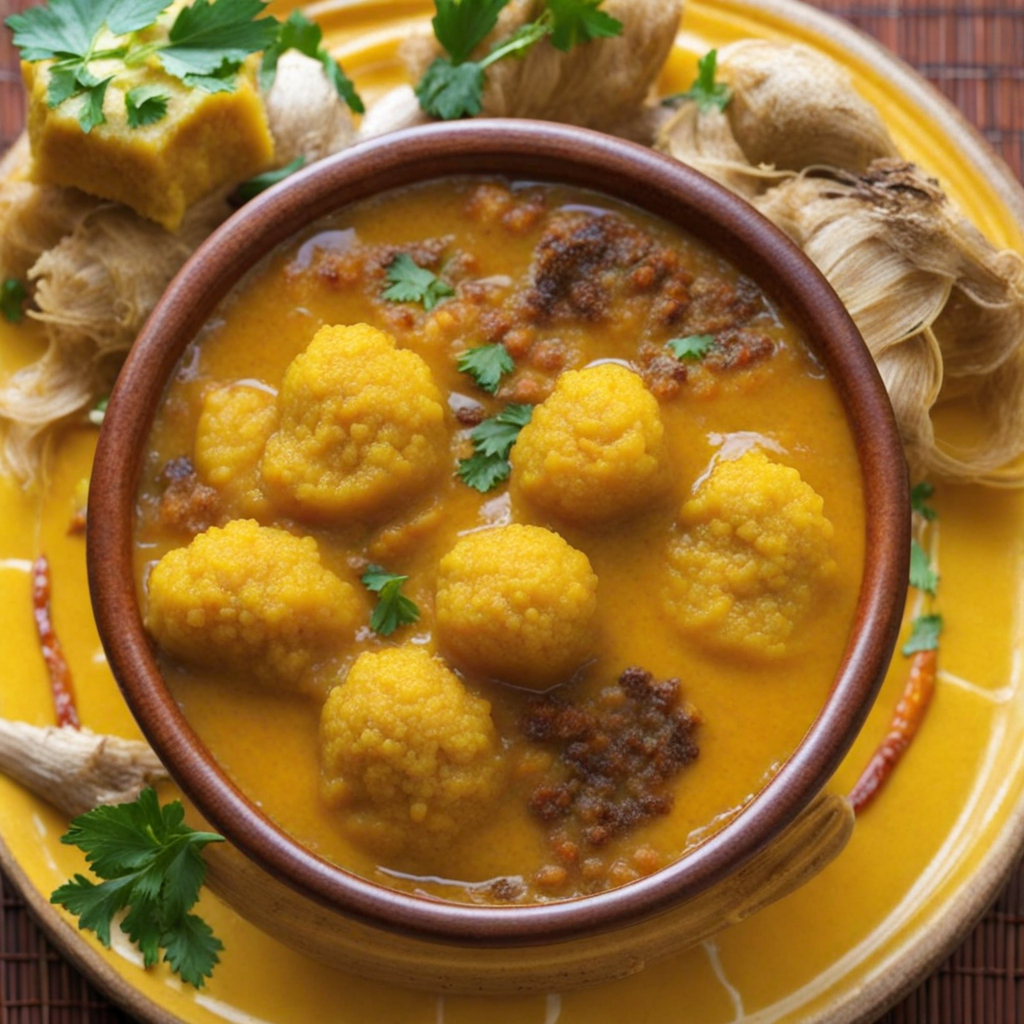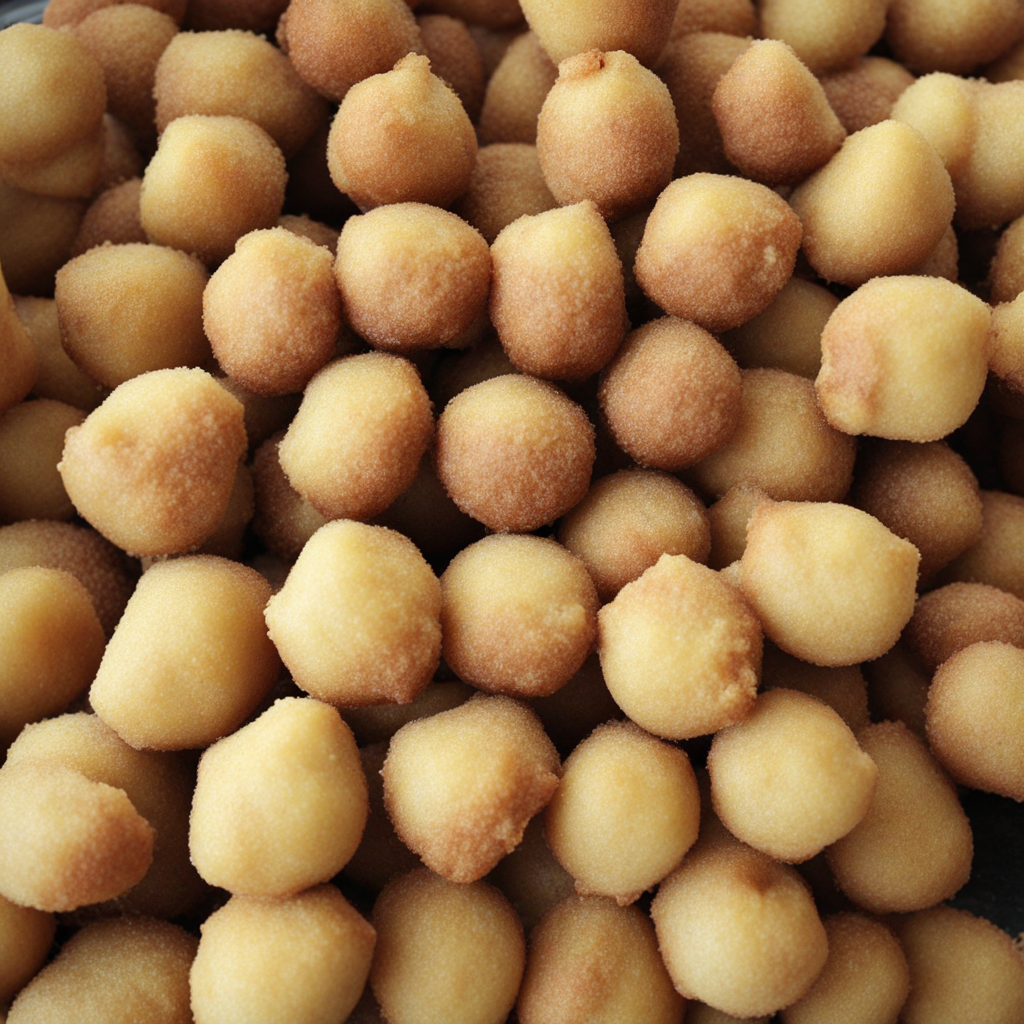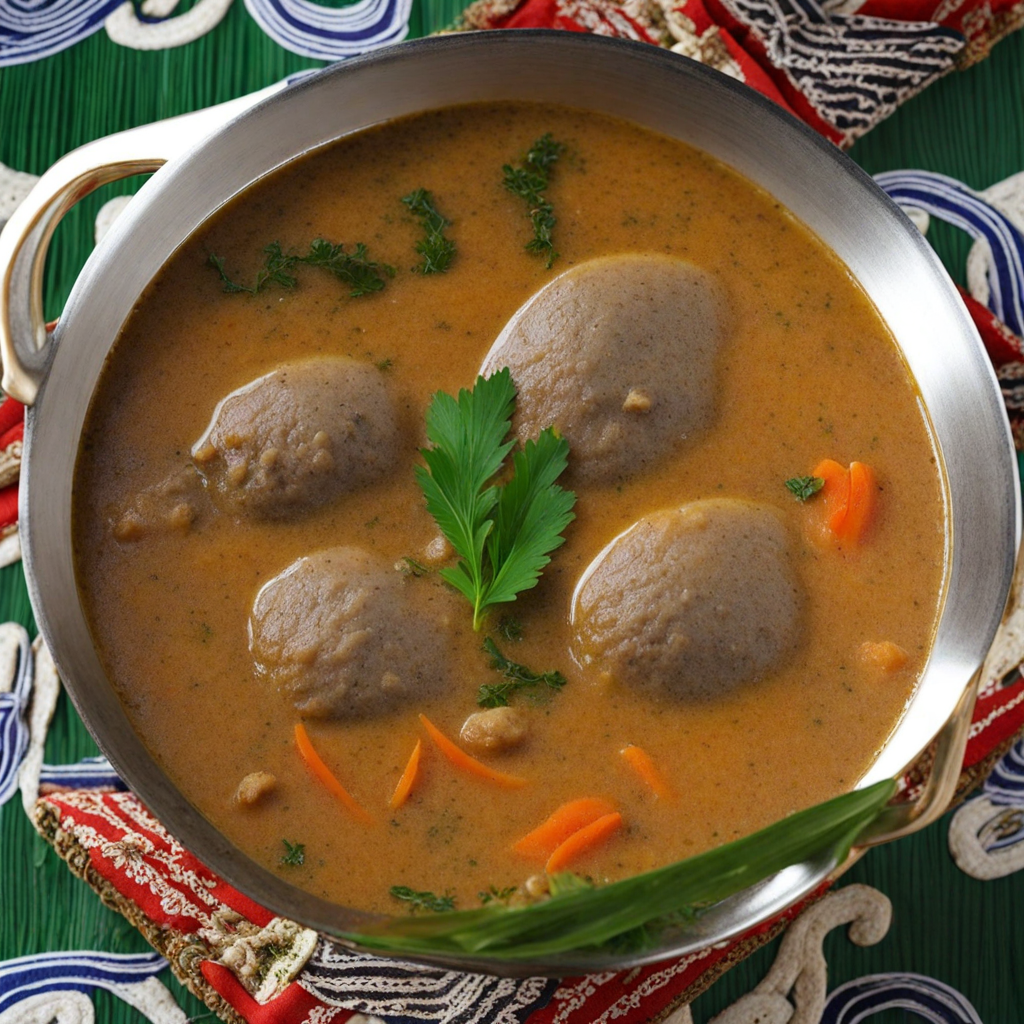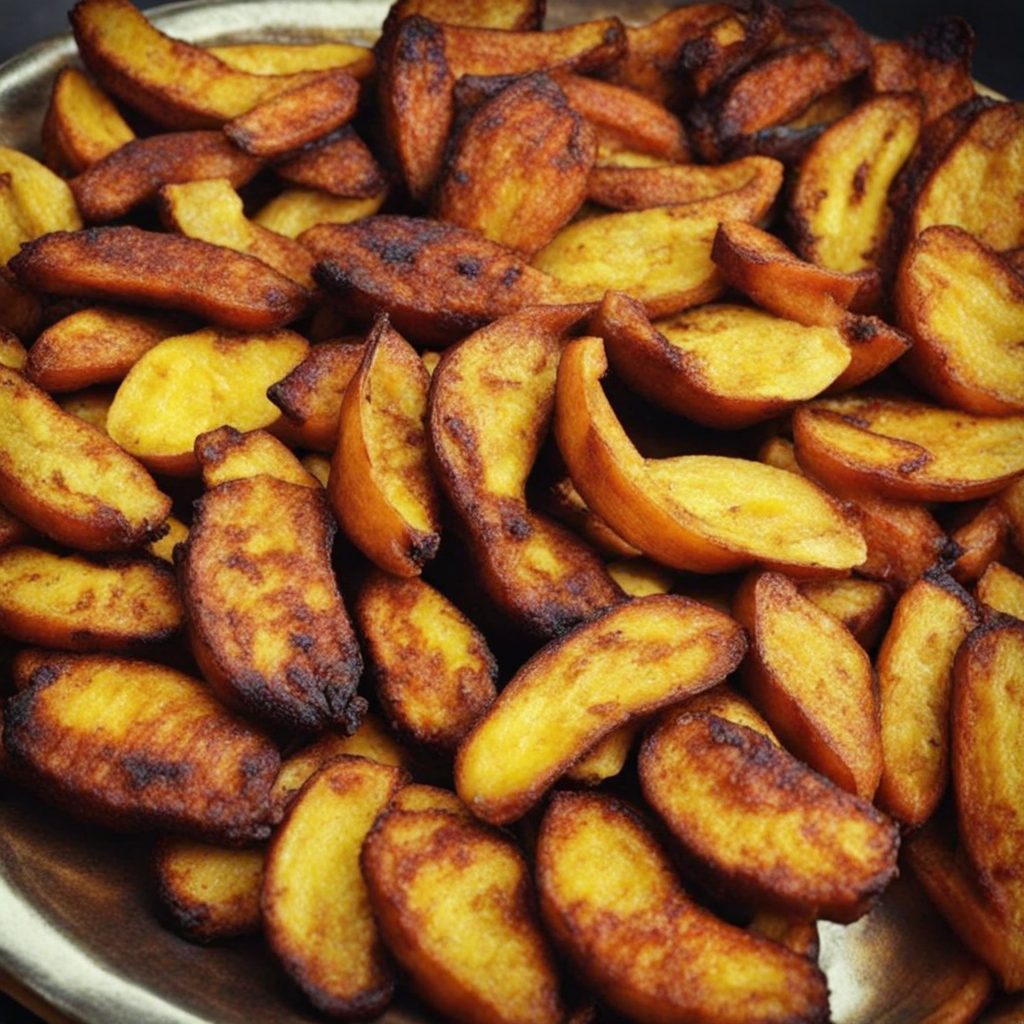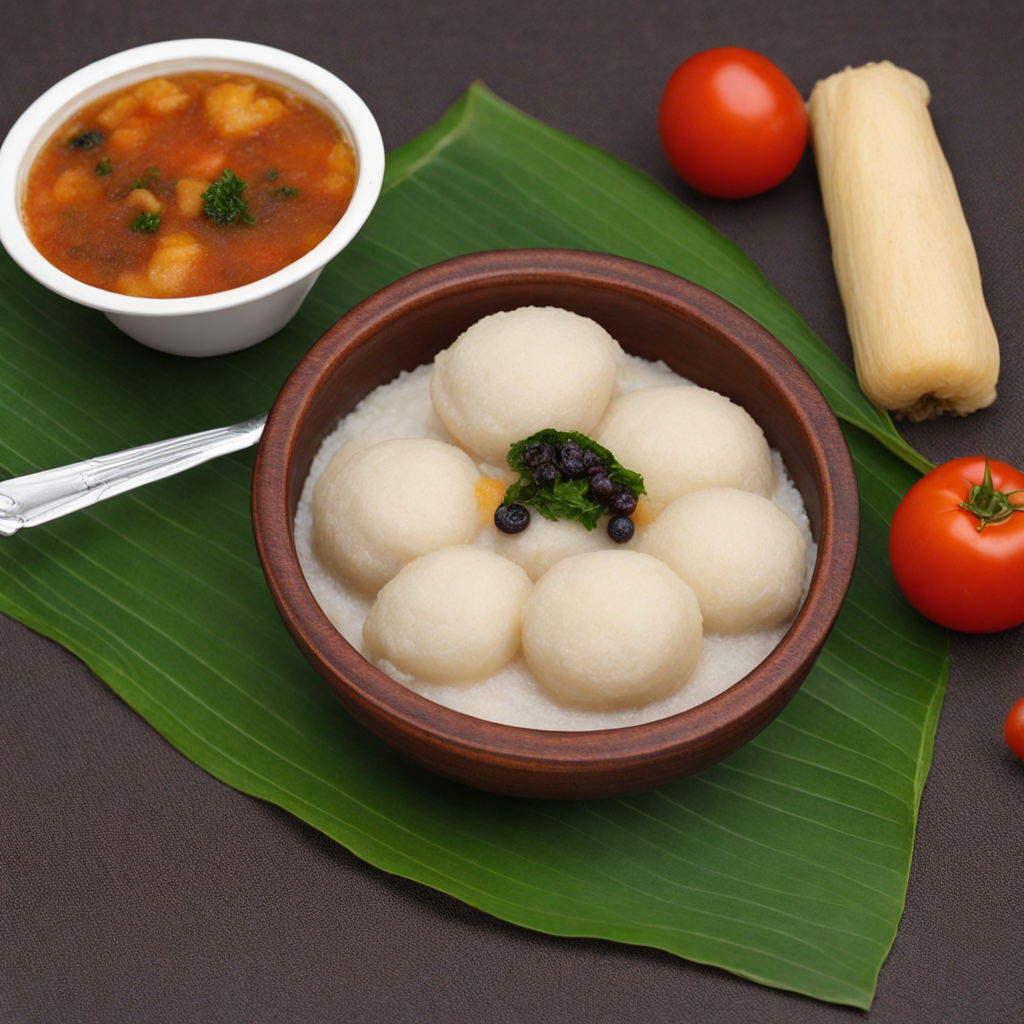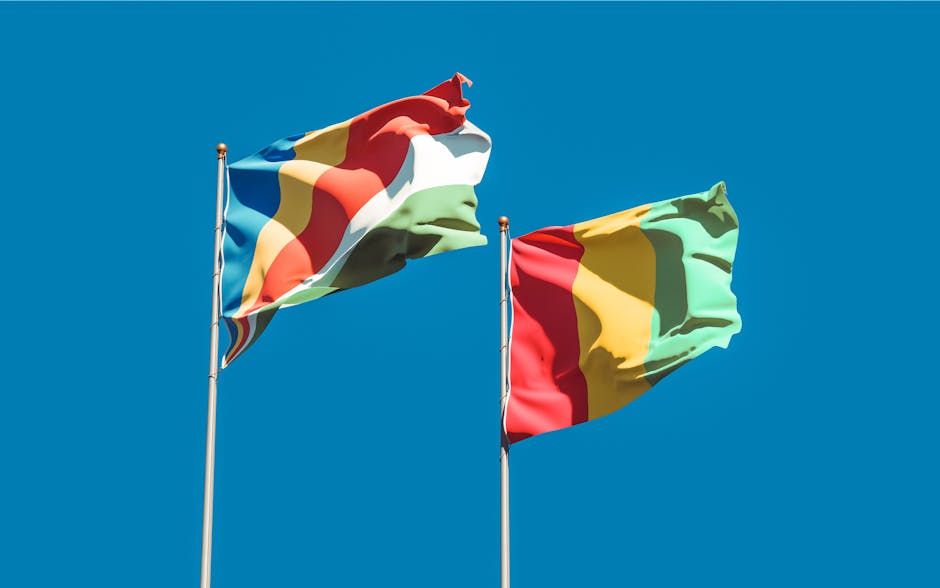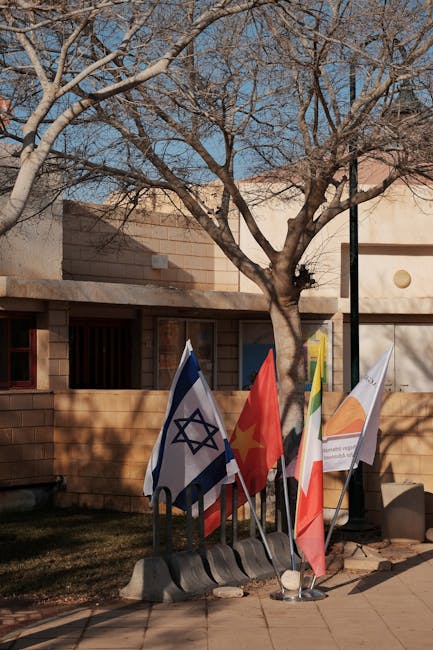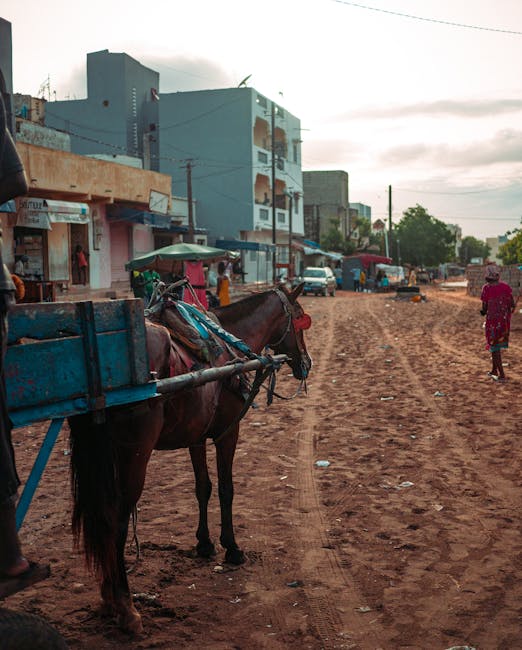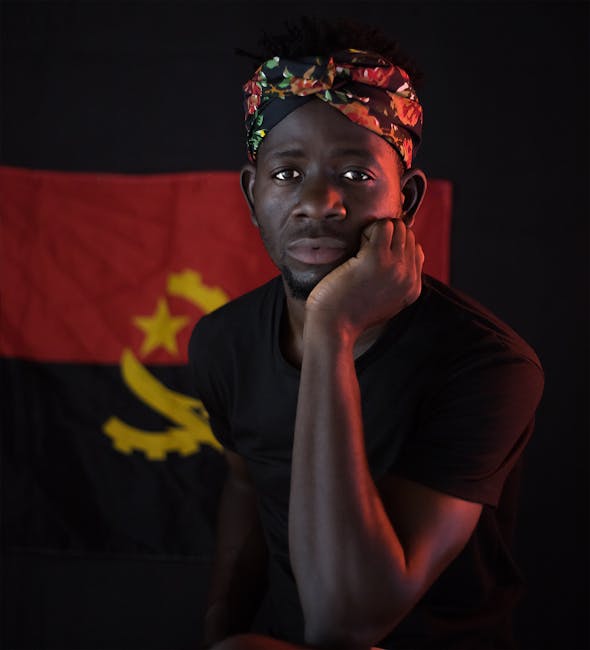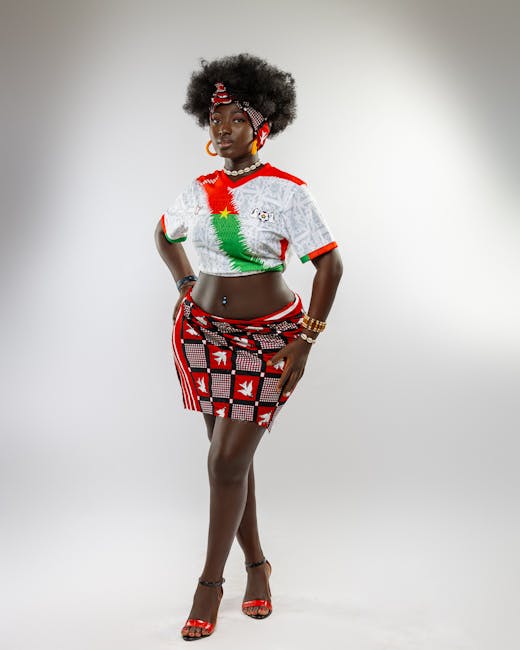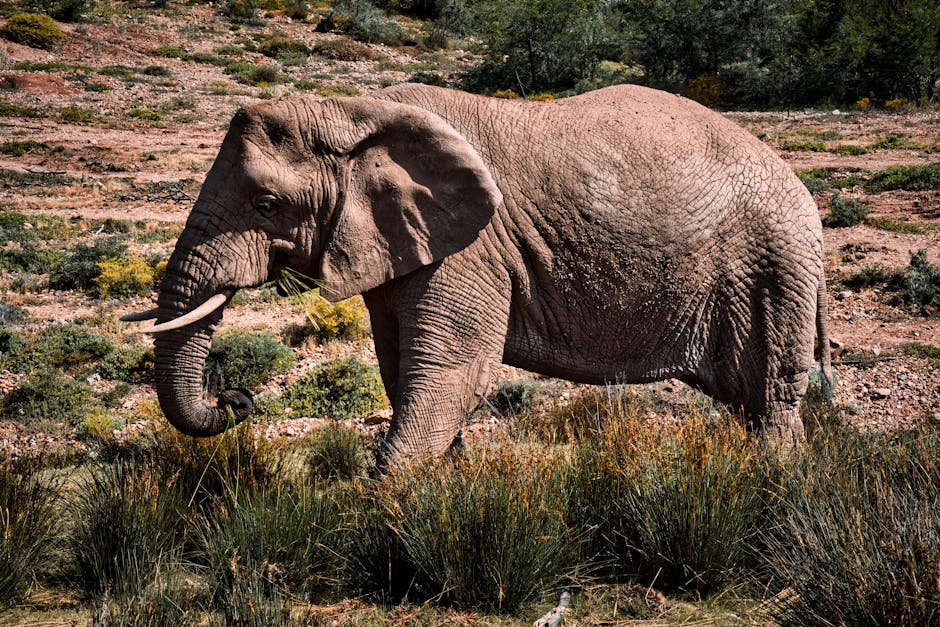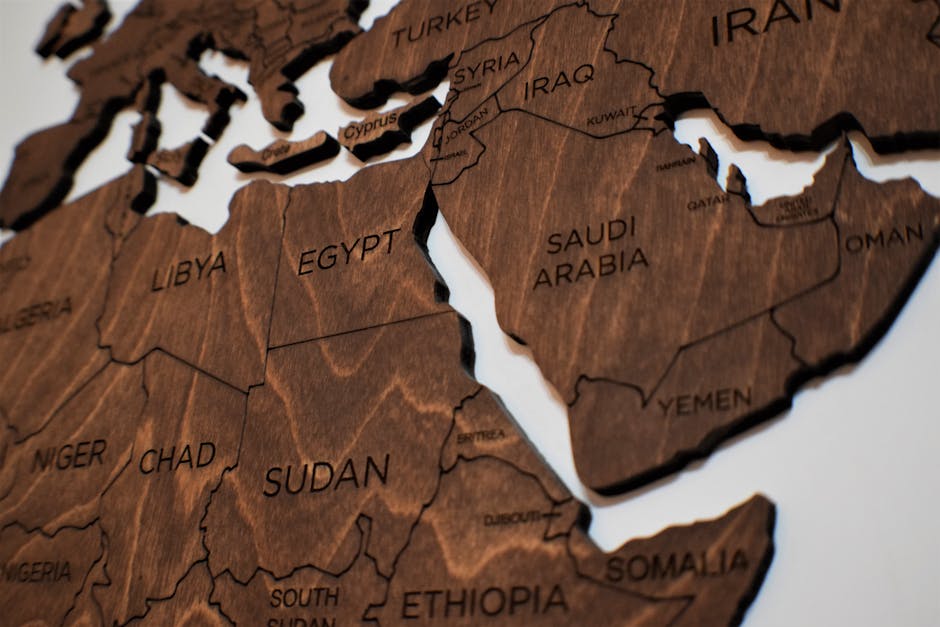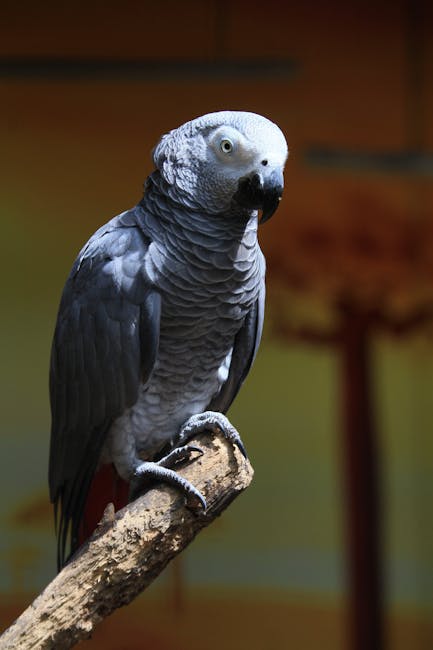Cameroon
Overview
Cameroon: Africa in Miniature
Firstly, Cameroon, often referred to as "Africa in miniature," is a vibrant, multi-cultural country located in Central Africa. It boasts a blend of different ethnic groups, each with its unique traditions, languages, and customs, thereby making it a country rich in diversity. One of the most striking features of Cameroon is its varied geography, which includes beautiful beaches, dense rainforests, arid deserts, and towering mountain ranges. Its cities, such as Yaounde and Douala, are bustling centers of urban life, filled with colorful markets, museums, and music venues where you can experience Makossa or Bikutsi, popular local music genres. Cameroon is also home to several national parks teeming with unique African wildlife, including elephants, lions, and gorillas.
Peak Tourism Season
Secondly, the peak tourism season in Cameroon is during the dry period, which runs from November to February. The weather during this time is relatively cooler and rainfall is minimal, making it the ideal time for outdoor activities and exploring the country's diverse landscapes. In these months, you can visit the beautiful beaches of Kribi and Limbe, hike Mount Cameroon - the highest peak in West Africa, explore the Dja Faunal Reserve - a UNESCO World Heritage site, or attend the country's vibrant festivals like the Ngondo Festival in Douala or the Nguon Festival of the Bamoun people. Wildlife safaris are also popular during this period as animals gather around water sources, making them easier to spot.
Preparation for Your Journey
Lastly, before embarking on a journey to Cameroon, a few preparations are necessary. Ensure you have a valid passport and a visa; the latter can be obtained either from a Cameroonian embassy or on arrival at the airport. It is also recommended to take vaccinations against diseases such as yellow fever, typhoid, and hepatitis A and B. English and French are the official languages; however, knowing a few phrases in local languages can be helpful. Respect for local customs and traditions is essential to enjoy a hassle-free experience. Moreover, it's wise to stay updated with the local news and follow travel advisories to ensure personal safety. Pack light, breathable clothing but also include rain gear due to occasional showers. Lastly, remember to carry a power adapter suitable for Cameroon sockets if you plan on using electronic devices.
A Glimpse into the Past
Cameroon, often referred to as "Africa in miniature," boasts a rich tapestry of history, culture, and landscape that captivates travelers. This West Central African nation, bordered by Nigeria, Chad, the Central African Republic, the Republic of the Congo, and Equatorial Guinea, offers a unique blend of ethnic diversity, colonial heritage, and natural beauty.
Pre-Colonial Era
Before the arrival of Europeans, the area now known as Cameroon was inhabited by several ethnic groups, including the Bantu, Hamitic, and Sudanese peoples. The Bantu migrations saw the establishment of powerful kingdoms, such as the Kingdom of Bimbia and the Kingdom of Nso, which were characterized by rich traditions, art, and trade routes. The coastal areas were influenced by the expansion of trade with the Portuguese and other European powers, leading to early interactions that would shape the region's future.
The Douala people, residing along the coast, became significant players in this trade, engaging in commerce with European traders who sought palm oil, ivory, and slaves. This period set the groundwork for the cultural exchanges and conflicts that would arise during the colonial era.
Colonial Era
The arrival of Europeans marked a turning point in Cameroon's history. In the late 19th century, Germany claimed Cameroon as a colony, naming it "Kamerun." The Germans invested in infrastructure, establishing railroads and plantations that drastically altered the local economy. They also imposed their rule through a combination of diplomacy and military force, often leading to resistance from local communities.
One notable site from this era is Foumban, home to the Sultanate of Nso, where travelers can explore the rich culture and history preserved in traditional palaces and museums. The Sultanate is renowned for its art, especially the famous wooden masks and bronze sculptures that reflect the region's heritage.
After Germany's defeat in World War I, Cameroon was divided between France and Britain under a League of Nations mandate. This division further complicated the cultural landscape, with the French governing the larger portion and the British administering the southwestern region. The legacy of this colonial rule is still evident today in the linguistic divide, where French and English are the official languages.
Independence Movements
The struggle for independence began in the mid-20th century, fueled by nationalist movements. The Union of the Peoples of Cameroon (UPC), led by Ruben Um Nyobé, became a significant force advocating for self-rule. However, the French response was severe, leading to a violent crackdown on dissent. This period of turmoil left deep scars in the country's collective memory.
Cameroon finally gained independence from France on January 1, 1960, while the British-administered territories were reunified with French Cameroon in 1961 to form the Federal Republic of Cameroon. The first president, Ahmadou Ahidjo, established a one-party state, stifling opposition and consolidating power. His regime lasted until 1982, when he handed over the presidency to Paul Biya, who has been in power ever since, making him one of Africa's longest-serving leaders.
Modern Cameroon
Today, Cameroon is a nation of contrasts, where urban centers like Douala and Yaoundé bustle with activity, while rural areas maintain traditional lifestyles. Douala, the economic capital, is known for its vibrant markets, lively music scene, and the bustling Port of Douala, which is vital for trade. Travelers should not miss the chance to explore the La Nouvelle Liberté monument, a symbol of Cameroonian resilience and creativity.
Yaoundé, the political capital, offers a more laid-back atmosphere with cultural sites like the National Museum of Yaoundé, which showcases Cameroon’s rich history and diverse cultures. The museum features artifacts, traditional clothing, and artworks, providing insight into the nation’s heritage.
Natural Wonders
Cameroon also boasts stunning natural beauty, from the towering Mount Cameroon, which is an active volcano and the highest peak in West Africa, to the unique Waza National Park, a haven for wildlife enthusiasts. The park is home to elephants, lions, and various bird species, making it a popular destination for safari tours.
The Southwest Region, with its lush rainforests and picturesque landscapes, is perfect for eco-tourism. Travelers can visit the Korup National Park, one of Africa's oldest rainforests, known for its biodiversity and endemic species. Guided tours provide opportunities for bird watching, hiking, and learning about local flora and fauna.
Cultural Heritage
Culturally, Cameroon is a melting pot, with over 250 ethnic groups contributing to its rich heritage. Festivals celebrating traditional music, dance, and art are integral to community life. The Ngondo Festival held by the Sawa people in Douala is a vibrant celebration of culture and spirituality, featuring traditional dances, contests, and rituals.
Another highlight is the FESTAC (Festival of Arts and Culture), which showcases the diverse artistic expressions of the country, from poetry to visual arts. Attending such events offers travelers a glimpse into the vibrant contemporary cultural scene, as well as the historical roots that shape it.
Challenges and Resilience
Despite its rich history and cultural wealth, Cameroon faces challenges, including political instability, economic disparities, and social unrest, particularly in the Anglophone regions of the country. The ongoing conflict between government forces and separatist groups seeking independence has led to significant humanitarian issues.
Travelers are encouraged to stay informed about the security situation and respect local customs and norms while visiting. Engaging with local communities and supporting sustainable tourism initiatives can contribute positively to the nation’s development and resilience.
Conclusion
In conclusion, Cameroon’s history is a captivating journey through time, marked by rich cultural diversity, colonial influences, and natural wonders. Its cities pulse with energy, while its rural landscapes offer tranquility and beauty. For travelers seeking an authentic experience, Cameroon presents a unique opportunity to explore a nation that embodies the complexities and vibrancy of Africa. Whether you are wandering through ancient kingdoms, trekking up Mount Cameroon, or enjoying the rhythms of traditional music, the spirit of Cameroon will leave an indelible mark on your heart.
Top cities for tourists in Cameroon
Discover the Famous Cities That Might Captivate Your Interests
Must-Try Foods You Can't Afford to Miss
Indulge in a Variety of Fantastic Foods During Your Stay in Cameroon
May Be Your Next Destinations
People often choose these countries as their next destination


